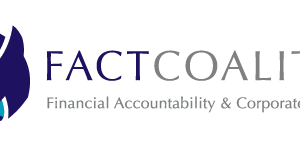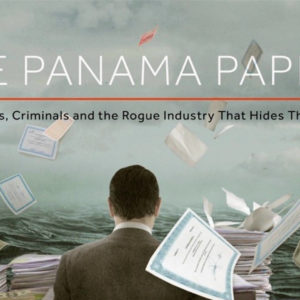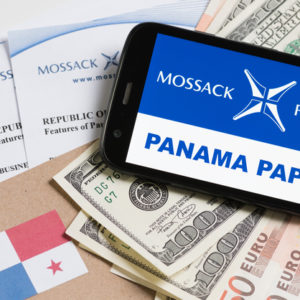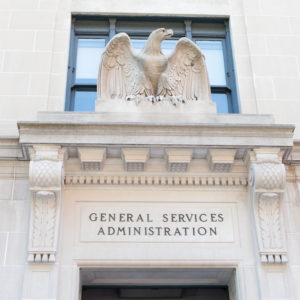For the second time, Wells Fargo was found liable for a tax penalty in connection with an abusive tax shelter. This points to a broader trend where companies’ abusive tax schemes are being exposed to increasing public discontent. In the case of Wells Fargo, a jury in Minnesota had previously nixed $350 million in foreign tax credits finding that they “lacked both economic substance and a non-tax business purpose.” Now, a federal court has found them liable for a 20% negligence penalty from the IRS. The court’s decision is yet another example that the tax gimmicks employed by multinationals to inflate profits are becoming riskier.
In a blog, FACT’s Jacob Wills explained the current climate around tax fairness, “Scandals have shaken public confidence in the integrity and fairness of the tax system at a time when tightening budgets and increasing deficits are leading to calls for austerity and scaling back on long relied upon public services.”
It should be no surprise that tax avoidance schemes face increased scrutiny, a recent report suggests that the ultra-wealthy are dodging more in tax than many had previously estimated. Economists Annette Alstadsæter, Niels Johannesen, and Gabriel Zucman took data from two tax haven leaks — the Panama Papers and Swiss leaks — in order to get more accurate estimates of tax evasion. Their findings: the ultra-rich — on average — evade about 30% of their due taxes, compared to the average evasion rate of 2.9%.





